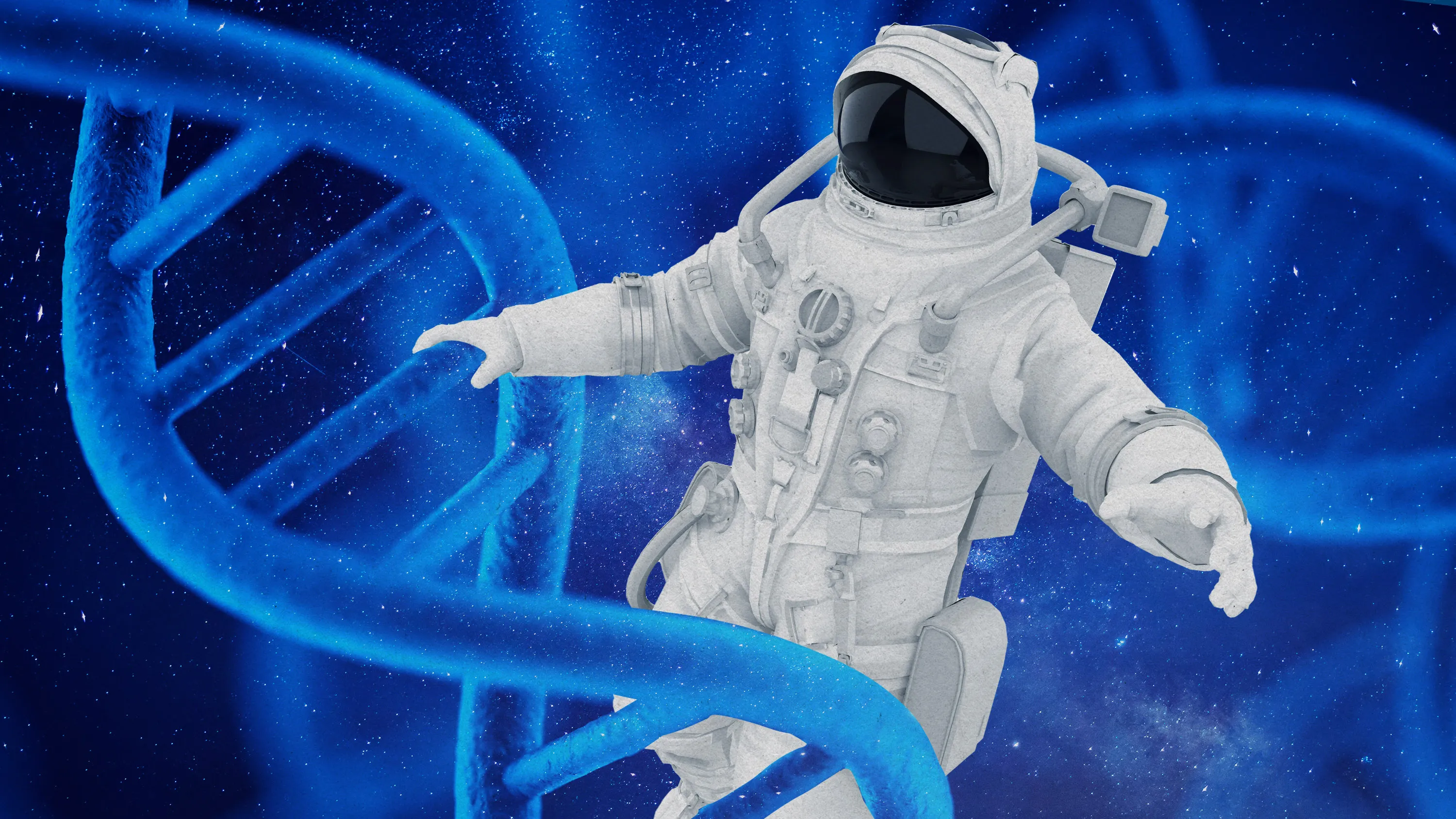Genetic Testing and Gene Editing Advances for Safer Space Travel

The Risks of Space Travel
Astronauts and commercial space travelers encounter several hazards during their missions. The potential for damaging radiation exposure and prolonged microgravity can lead to significant health risks, including cellular damage and muscle atrophy.
Genetic Testing as a Solution
Recent developments in genetic testing offer promising avenues for mitigating these risks. By identifying genetic predispositions to radiation damage, tailored strategies can be devised.
Gene Editing Technologies
Advancements in gene editing technologies, such as CRISPR, present innovative opportunities to enhance astronauts' resilience to space-induced health risks. These technologies enable precise modifications that could protect against the detrimental effects of cosmic radiation.
The Future of Space Travel
- Personalized medicine could transform astronaut selection processes.
- Enhanced safety protocols through genetic advancements may lead to a wider population venturing into space.
- Research in genetic solutions is paramount for the future of commercial space travel.
In summary, integrating genetic testing and gene editing into space missions is an exciting frontier that holds promise for improved safety and health outcomes in extraterrestrial environments.
This article was prepared using information from open sources in accordance with the principles of Ethical Policy. The editorial team is not responsible for absolute accuracy, as it relies on data from the sources referenced.